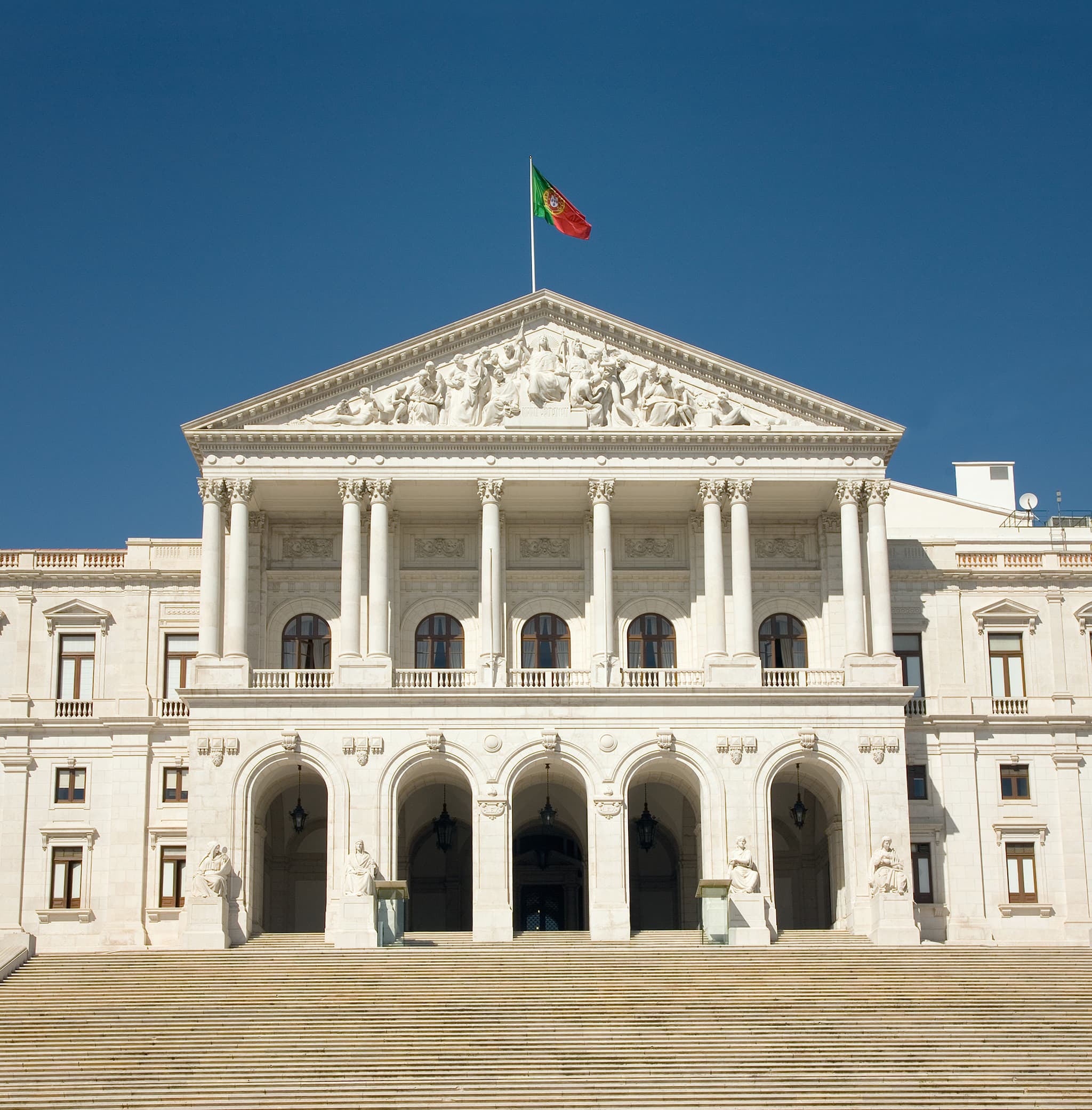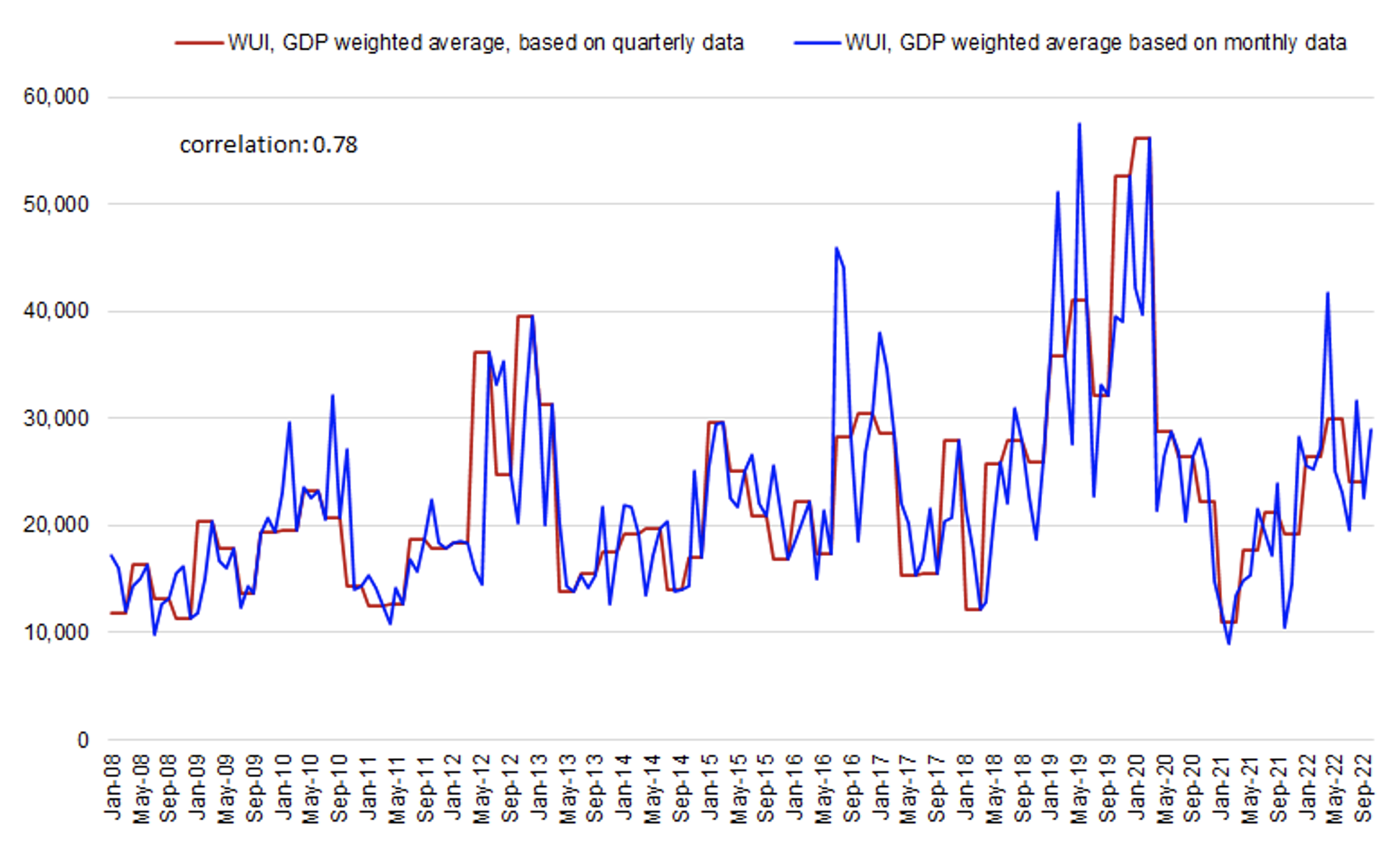Portugal's President To Consult Parties Before Appointing Prime Minister

Table of Contents
The Constitutional Framework for Prime Minister Appointment
The Portuguese Constitution meticulously outlines the President's role in appointing the Prime Minister. This process, crucial for maintaining democratic governance, ensures a balance of power and representation. The President, while holding the power to nominate, is constitutionally bound to consider the results of the parliamentary elections and the political landscape.
- Details on the President's power to nominate: The President nominates a candidate for Prime Minister, a power explicitly granted under Article 101 of the Portuguese Constitution. This nomination isn't arbitrary; the President must consider the parliamentary balance of power.
- Process of consultations with party leaders: Before nominating a candidate, the President engages in formal consultations with the leaders of all relevant political parties. These discussions aim to gauge the potential for government formation, identify possible coalitions, and understand the political feasibility of various candidates.
- Parliamentary approval or rejection of the nominee: Once nominated, the proposed Prime Minister must secure a vote of confidence in Parliament. If the nominee fails to gain a majority, the President may initiate further consultations or, ultimately, dissolve Parliament and call for new elections.
- Potential scenarios, including repeat consultations or alternative government formations: The process may involve several rounds of consultations. If the initial nominee fails to secure parliamentary approval, the President may need to repeat the consultation process with different parties, leading to potential alternative government formations, or even a minority government.
[Link to relevant article of Portuguese Constitution regarding Prime Minister appointment]
Key Political Parties Involved and Their Positions
Several key political parties will play crucial roles in the upcoming government formation process in Portugal. Their positions and potential alliances will be central to the President's consultations.
- Socialist Party (PS): A centre-left party, traditionally a major force in Portuguese politics. [Mention their current parliamentary standing and key policy positions].
- Social Democratic Party (PSD): A centre-right party, often vying for power with the PS. [Mention their current parliamentary standing and key policy positions].
- Left Bloc (BE): A left-wing party, often playing a kingmaker role in coalition negotiations. [Mention their current parliamentary standing and key policy positions].
- Liberal Initiative (IL): A center-right liberal party with growing influence. [Mention their current parliamentary standing and key policy positions].
Understanding the ideologies and parliamentary strength of these parties, along with the potential for alliances and coalitions, is critical to predicting the outcome of the consultations. Keywords like "political parties Portugal," "PSD Portugal," "PS Portugal," "coalition government Portugal," and "political landscape Portugal" help in understanding this complex scenario.
Potential Scenarios and Outcomes of the Consultations
Several scenarios could unfold following the presidential consultations, each with significant implications for Portugal's future.
- Scenario 1: A single party secures a majority and forms a government. This would lead to a stable, single-party government, allowing for swifter policy implementation. However, this scenario is unlikely given the current fractured parliamentary landscape.
- Scenario 2: A coalition government is formed. This is the more probable scenario, requiring intricate negotiations and compromises amongst different parties. The stability of such a coalition would depend on the cohesion and common ground among its members.
- Scenario 3: Failure to form a government leading to new elections. If the consultations fail to produce a viable government, President Rebelo de Sousa could dissolve Parliament, leading to new legislative elections. This would prolong political uncertainty and potentially delay crucial policy decisions.
The likelihood of each scenario will depend heavily on the willingness of the various parties to compromise and negotiate. The success of these negotiations will shape the future political stability of Portugal. Keywords like "government formation Portugal," "coalition negotiations Portugal," "Portuguese election," and "political stability Portugal" are key to understanding the different outcomes.
Impact on Portuguese Politics and Economy
The outcome of the presidential consultations and the subsequent government formation will significantly impact various aspects of Portuguese life.
- Effect on domestic policy: The new government's policies will affect areas such as economic reforms, social welfare programs, healthcare, and education. The specific policies implemented will depend on the political composition of the government.
- Impact on foreign policy and international relations: Portugal's stance on European Union matters, NATO, and its relationships with other countries will be influenced by the new government's foreign policy priorities.
- Potential economic consequences: Investor confidence, economic growth prospects, and the implementation of fiscal measures will be affected by the government's economic policies. Uncertainty surrounding government formation could negatively impact investor sentiment and economic growth.
The formation of a stable and effective government is crucial for navigating the challenges facing Portugal and ensuring continued economic growth.
Conclusion
The upcoming consultations initiated by Portugal's President are a critical juncture in shaping Portugal's political future. The process, defined by the Portuguese Constitution, will determine whether a stable single-party government, a coalition government, or a return to the polls will be the outcome. Each scenario brings with it distinct implications for domestic policy, foreign relations, and the Portuguese economy. The success of these consultations is vital for maintaining political stability and ensuring Portugal's continued progress.
Call to Action: Stay informed about the latest developments in the Portuguese Prime Minister appointment process. Follow reputable news sources for updates on the consultations and the subsequent government formation. Follow [Link to a relevant news source] to stay updated on Portugal's President's consultations and the appointment of the next Prime Minister. Understanding the nuances of this process is key to comprehending the future direction of Portugal's politics and economy.

Featured Posts
-
 The Reality Of Elon Musks Familys Financial Rise Maye Musks Insights
May 30, 2025
The Reality Of Elon Musks Familys Financial Rise Maye Musks Insights
May 30, 2025 -
 Gare Du Nord Trafic Ferroviaire Fortement Disrupte Par Bombe De La Seconde Guerre Mondiale
May 30, 2025
Gare Du Nord Trafic Ferroviaire Fortement Disrupte Par Bombe De La Seconde Guerre Mondiale
May 30, 2025 -
 New Us Energy Policy Uncertainty And The Impact On Energy Prices
May 30, 2025
New Us Energy Policy Uncertainty And The Impact On Energy Prices
May 30, 2025 -
 Lab Owners Guilty Plea Falsified Covid 19 Test Results During Pandemic
May 30, 2025
Lab Owners Guilty Plea Falsified Covid 19 Test Results During Pandemic
May 30, 2025 -
 Live Now Pay Later Understanding The Costs And Benefits
May 30, 2025
Live Now Pay Later Understanding The Costs And Benefits
May 30, 2025
